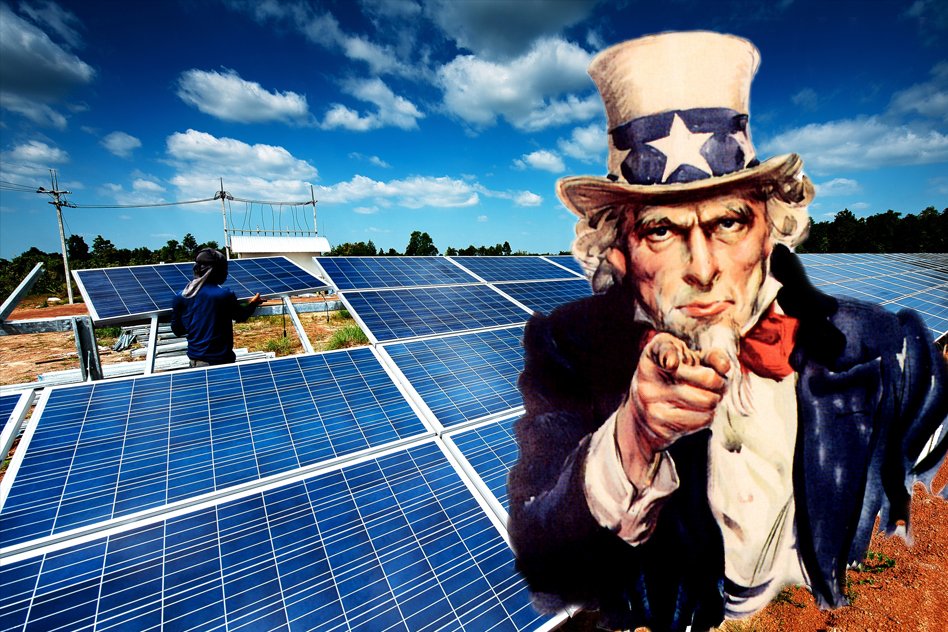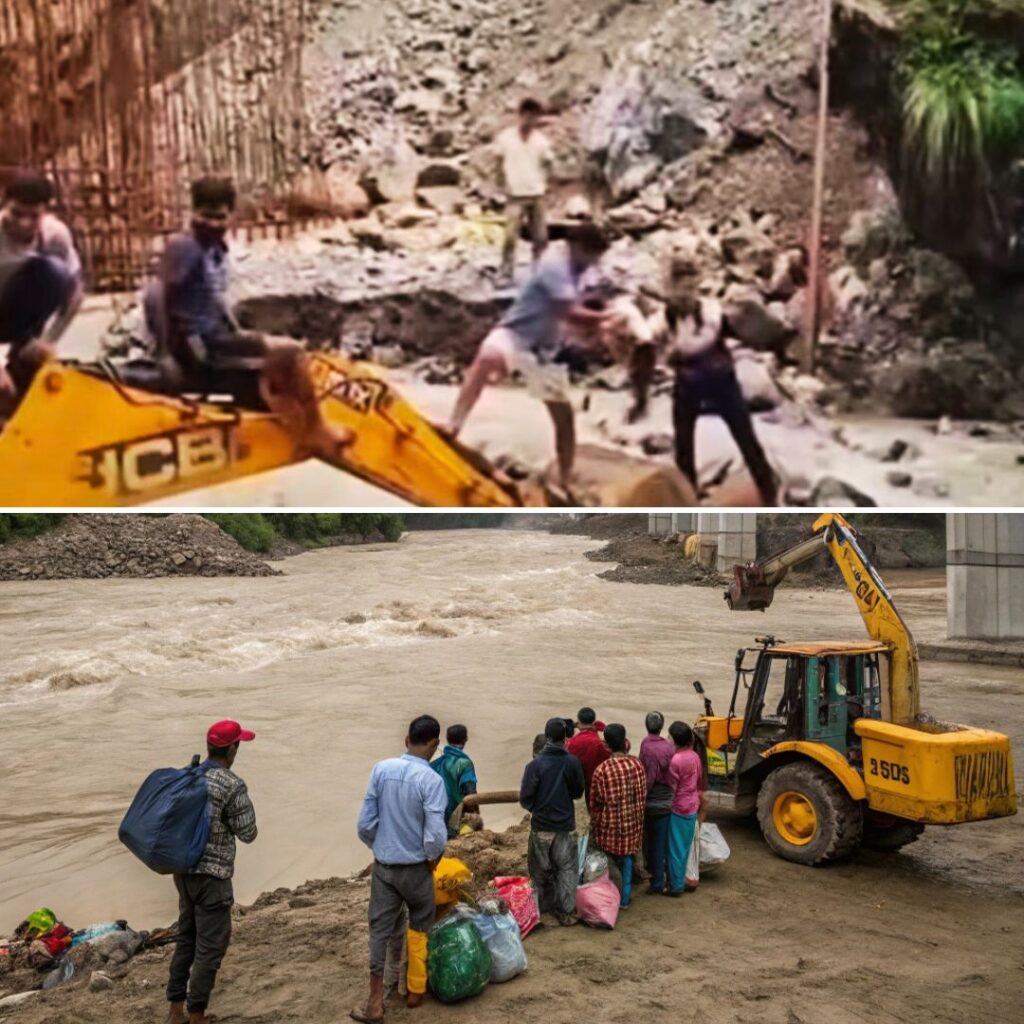Image Courtesy: wikimedia | ictv
India’s National Solar Mission (NSM) which seeks to make India’s power generation green besides meeting the ever rising power demand of India has hit a roadblock thanks to the United States and the World Trade organisation. The United States has blamed India’s National Solar Mission to be discriminatory against imports. The domestic content requirement (DCR) clause of India’s National Solar Mission mandates a percentage of components to be sourced locally to boost homegrown production of Solar cells. India could end up buckling to the pressure put on by the US through WTO.
National Solar Mission did wonders
The National Solar Mission seeks to
Deploy 20,000 MW of grid-connected solar power by 2022 is aimed at reducing the cost of solar power generation in the country through
(i) long term policy;
(ii) large scale deployment goals;
(iii) aggressive R&D; and
(iv) domestic production of critical raw materials, components and products, as a result, to achieve grid tariff parity by 2022.
Why is National Solar Mission important to India?
1.) India has gone from having virtually no solar capacity to boasting one of the world’s fastest-growing solar industries.
2.) A parade of leading solar companies has announced plans to establish new factories in India to produce solar cells, the parts of solar panels that use sunlight to produce electricity.
3.) India has named the solar program as a core component of its contribution to the Paris agreement to tackle climate change.
United State’s plays spoiler with India and Canada
Due to the litigation took up by the US with the WTO, India might have to amend the National Solar Mission. The adverse ruling against India by WTO is not in sync with climate change goals. It is to be noted that some states in the USA have the same domestic content requirement rules for renewable energy generation programmes. Some experts believe that USA should drop the case and not pursue it further as it would undermine green energy generation not only in India but also in the US. A similar program in Canada which had domestic obligations produced a large number of green jobs while reducing emissions. However, USA challenged that in WTO and Canada had to withdraw such domestic incentives.
WTO Criticism continues
Many analysts and activists have voiced their criticism of the WTO which includes
1.) WTO does not manage the global economy impartially, but in its operation has a systematic bias toward rich countries and multinational corporations, harming smaller countries which have less negotiation power
2.) Decision-making at the WTO is unrepresentative and non-inclusive
The Logical Indian condemns this step by the United States government who have maintained cordial relations with India to be playing a spoiler role in India’s efforts to reduce common emissions besides creating millions of green jobs through the National Solar Mission. We understand India does not have much of an option but to go with the WTO ruling. We believe that every country should have the right to generate clean energy. We are battling adverse impacts of climate change all over the world which threatens not only animal but human life as well. WTO must add this to its exceptions because otherwise it will create further confusions in pursuing goals and targets set in UNFCCC for mitigating climate change impacts. ‘Adaptation’ is an important clause in UNFCCC framework which will require innovation and investment in clean technology. Therefore, WTO rules should be amended for the betterment of the environment and job creation in green projects.











